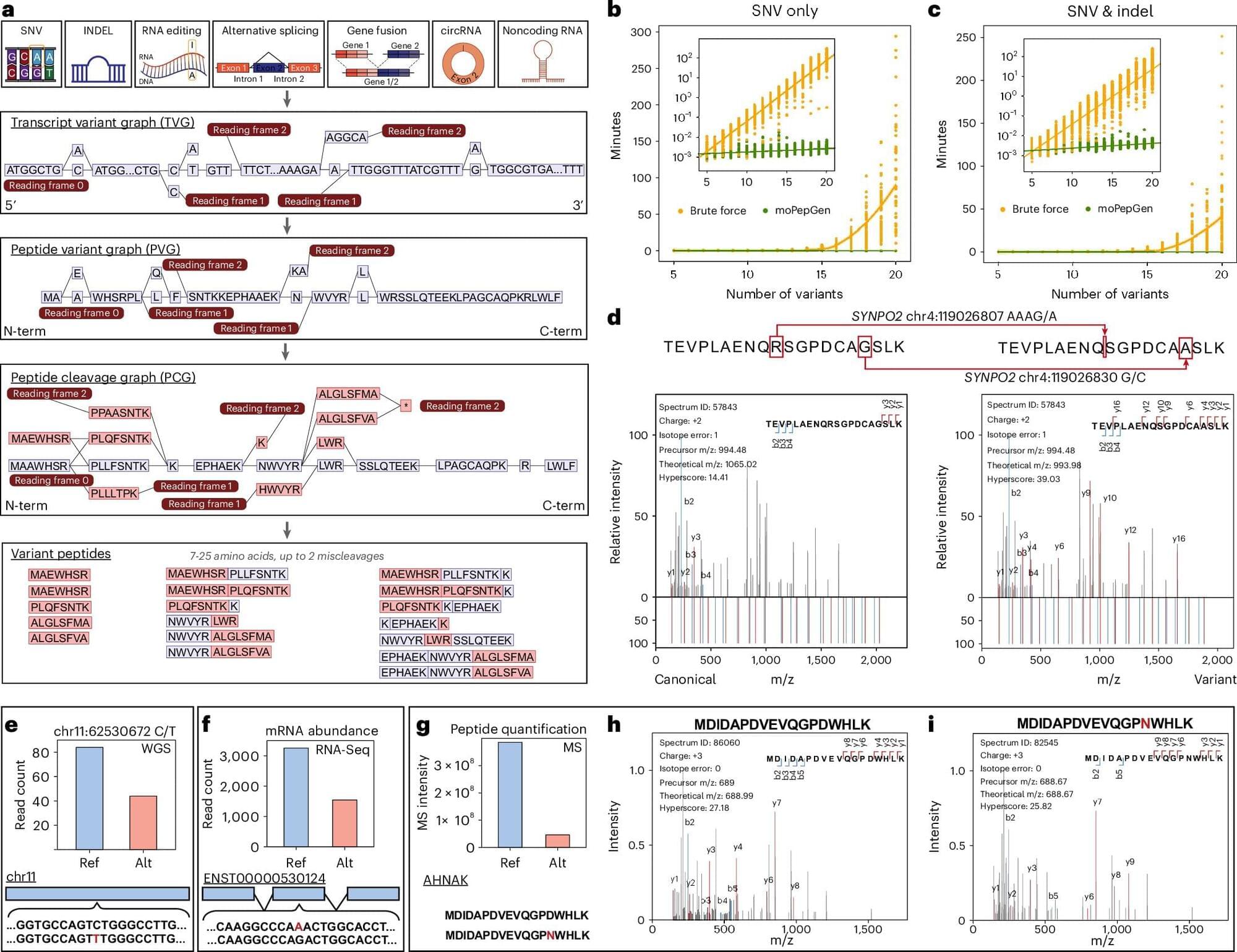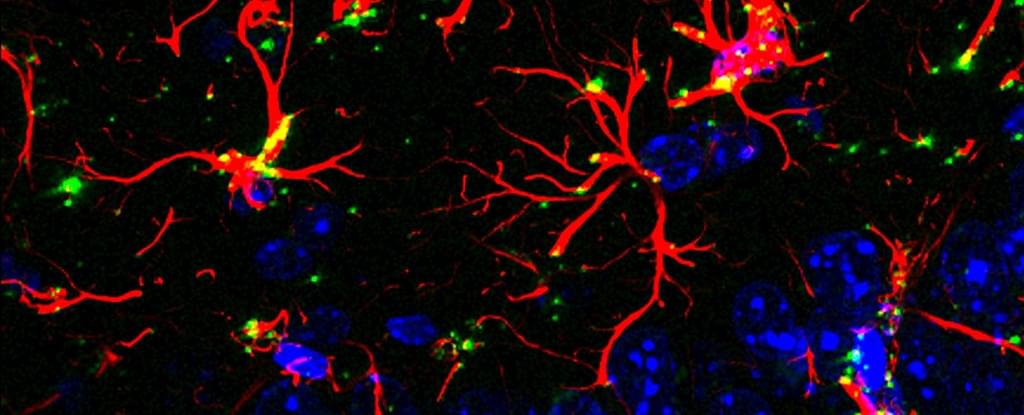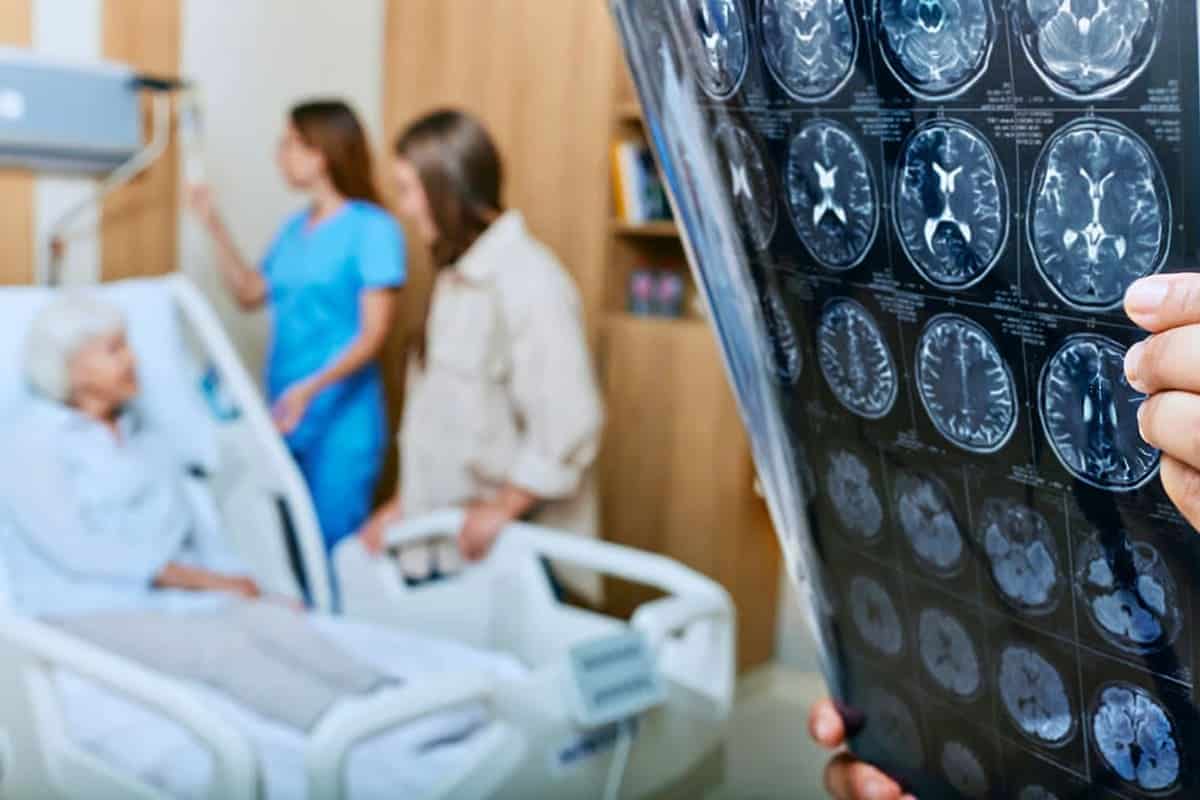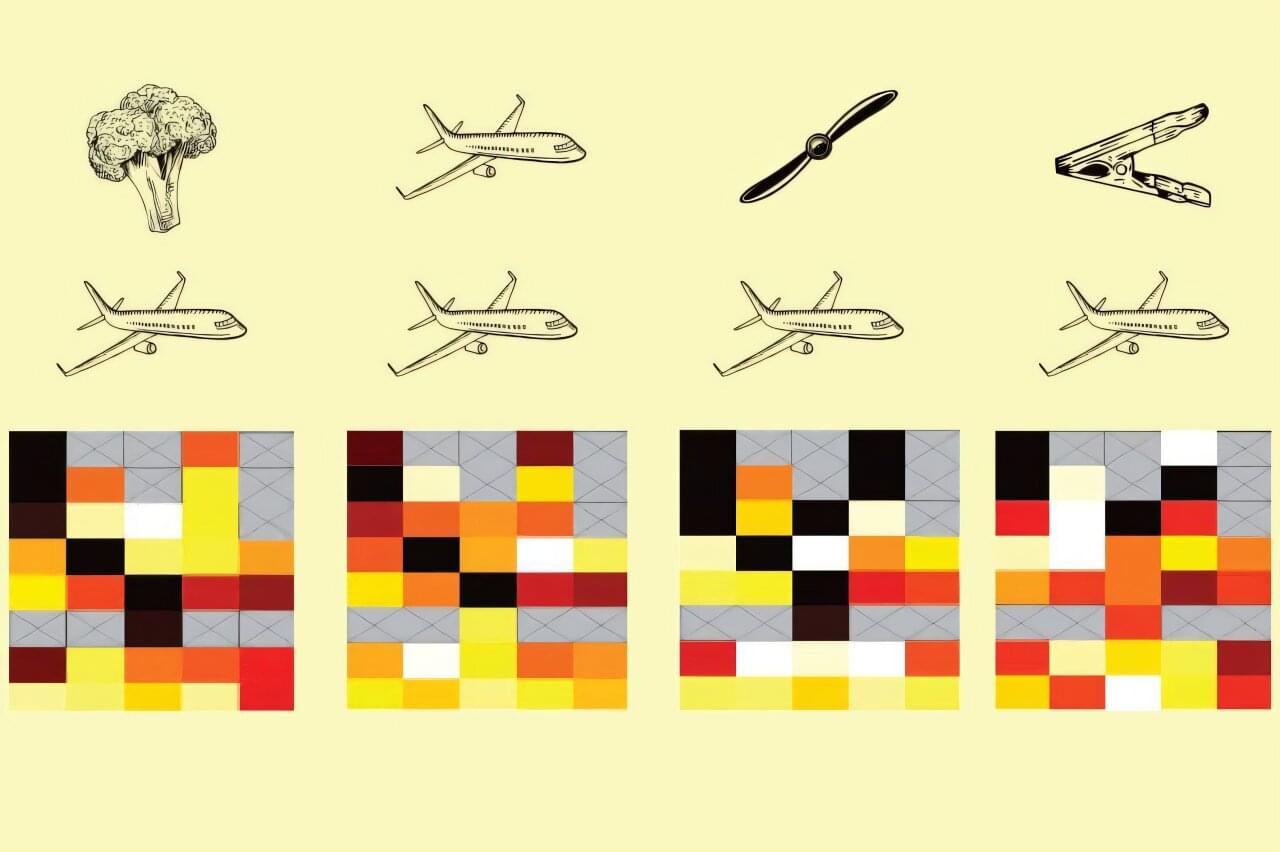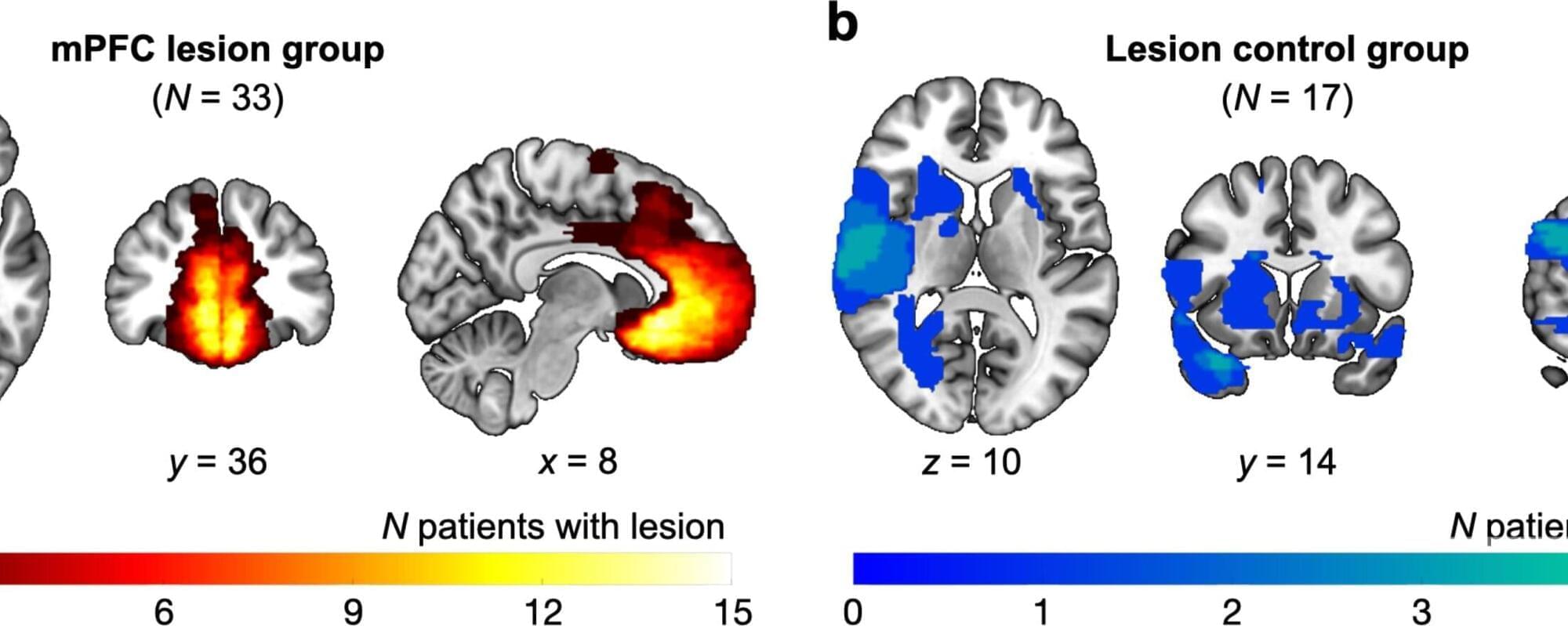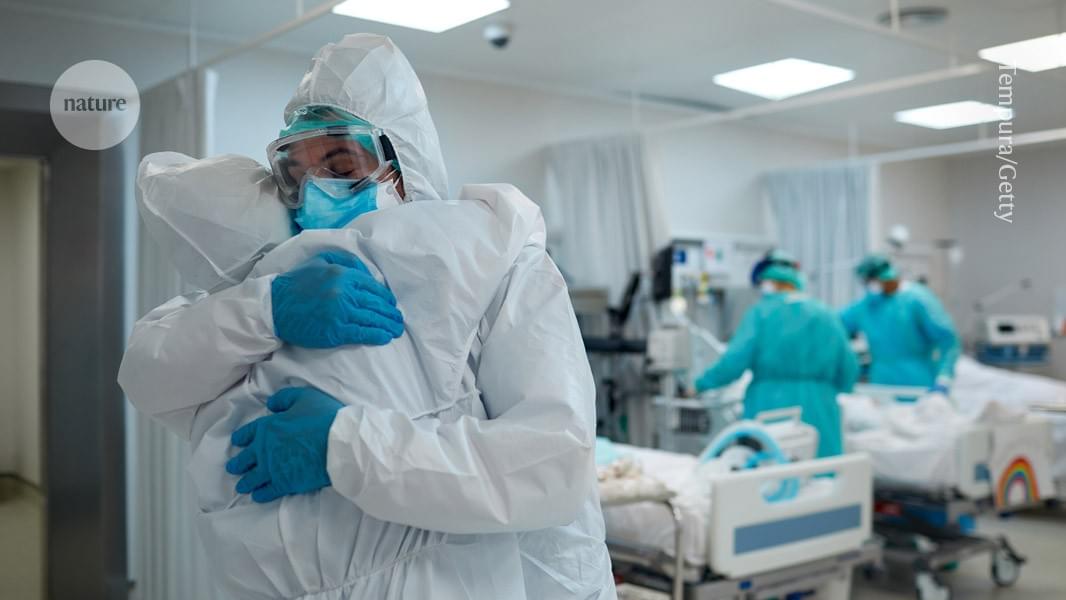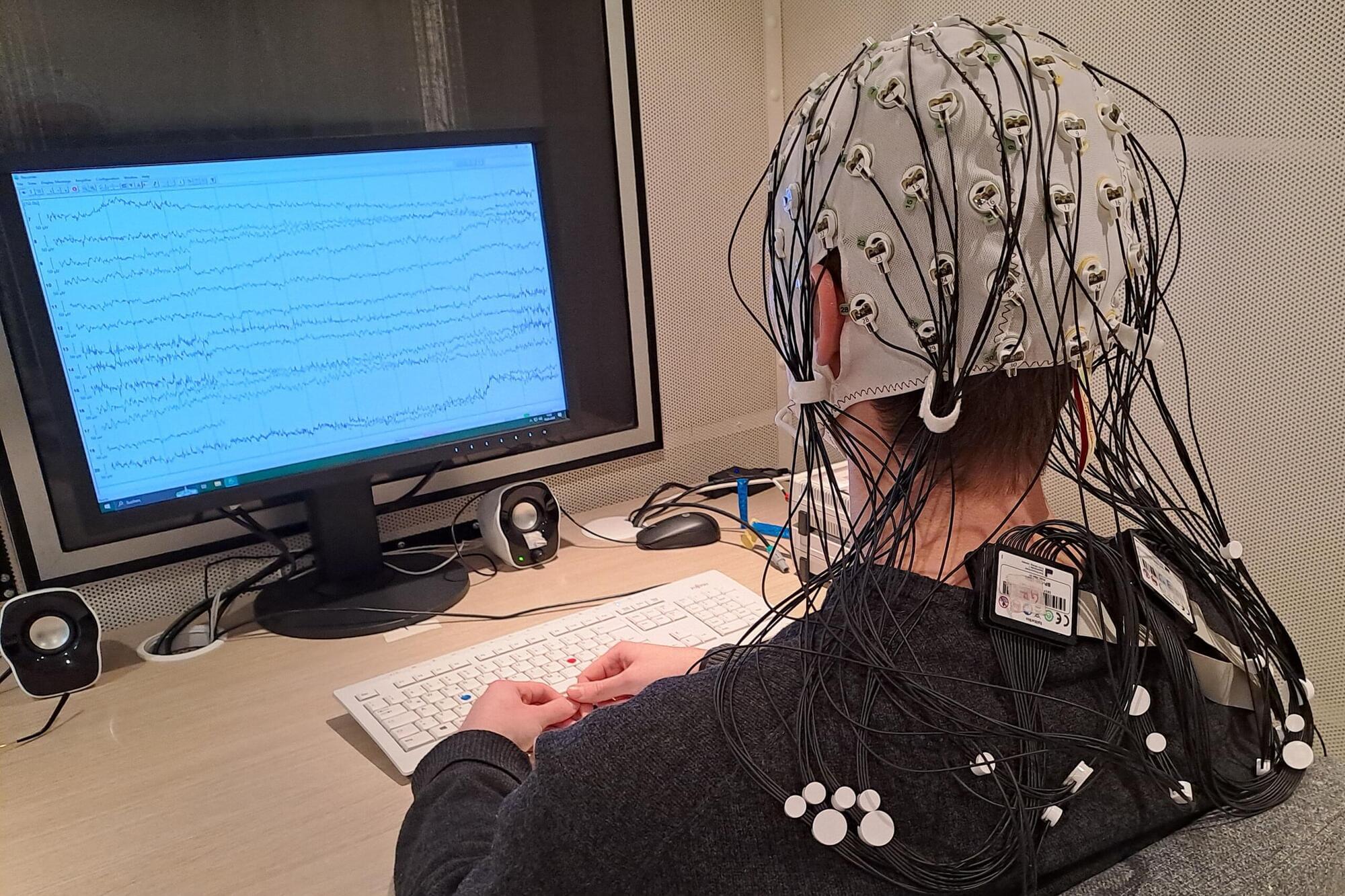A new study published in Psychiatry Research: Neuroimaging has found that adolescents with major depressive disorder display unusual eye movement patterns, which are linked to cognitive problems such as memory and attention deficits. The researchers used eye-tracking technology to compare the visual behavior of adolescents with and without depression during different visual tasks. They found that certain eye movement characteristics were significantly different in adolescents with depression and were associated with poorer performance on cognitive tests.
Major depressive disorder often begins during adolescence, a period of intense emotional, social, and cognitive development. Depression in teenagers is not only becoming more common but also tends to recur and interfere with many areas of life, including school, family relationships, and social functioning. In many cases, even when mood symptoms improve with treatment, cognitive difficulties—like trouble with memory, attention, and understanding social cues—can persist. These problems can make it hard for adolescents to return to normal daily activities and may contribute to poor treatment outcomes and higher relapse rates.
In recent years, researchers have become interested in using eye-tracking technology as a non-invasive way to study how the brain processes information. Eye movements, including how often people look at certain parts of an image or how well they can follow a moving object, are known to reflect underlying cognitive processes. For example, smooth and coordinated eye movements require good attention control, while frequent or erratic eye movements might indicate difficulty with focus or information processing. Since brain areas involved in eye control also play a role in cognitive functioning, the researchers wanted to explore whether eye movement patterns could serve as indicators of cognitive problems in depressed adolescents.
